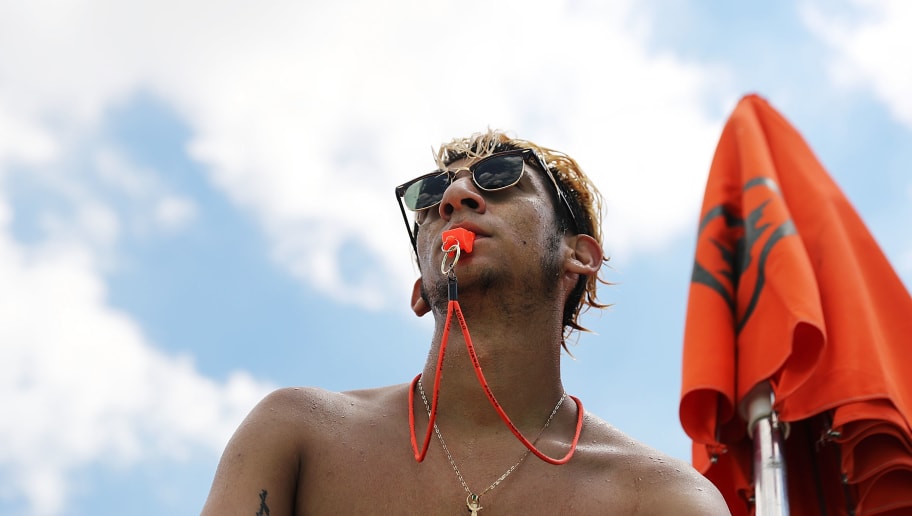“Quality chest compressions require that rescuers put their hands on the chest and push hard — regardless of gender.”
In the #MeToo era, men are ducking out on providing life-saving CPR to women for fear of being accused of groping or sexual assault, according to a new study.
Recent research has shown that women are less likely to receive CPR from bystanders, and so less likely to survive a sudden heart attack. In the study, presented last week at the American Heart Association’s annual conference, researchers asked online respondents to explain why.
The answers of the 54 respondents revealed four main themes. Firstly, they thought women were being neglected due to concerns about “inappropriate” touching or exposure and about being accused of sexual assault.
The other two reasons cited were: thinking women were less likely to have a heart attack and more likely to be overdramatizing or “faking” an incident and incorrectly believing that breasts make CPR more difficult.
Although the study was too small to be conclusive, lead researcher Dr. Sarah Perman of the University of Colorado explained, the results suggest that men are getting the wrong message.
“Quality chest compressions require that rescuers put their hands on the chest and push hard—regardless of gender,” she said. “The act of CPR is no different.”
The male respondents, who made up about 60 percent of the online poll, were twice as likely as the women to worry about inappropriate touching or sexual assault during CPR. About one-third of the people polled reported some CPR training.
The recent #MeToo movement has brought a number of prominent men to account for their mistreatment of women, and struck fear in the hearts of many others. However, even some feminists have raised concerns that the campaign could turn into a “sex panic,” and drive men and women apart.
More than 350,000 cardiac arrests occur outside hospitals in the United States each year, according to the American Heat Association. While the survival rate is less than 12 percent, CPR can double or triple a victim’s odds of surviving.
